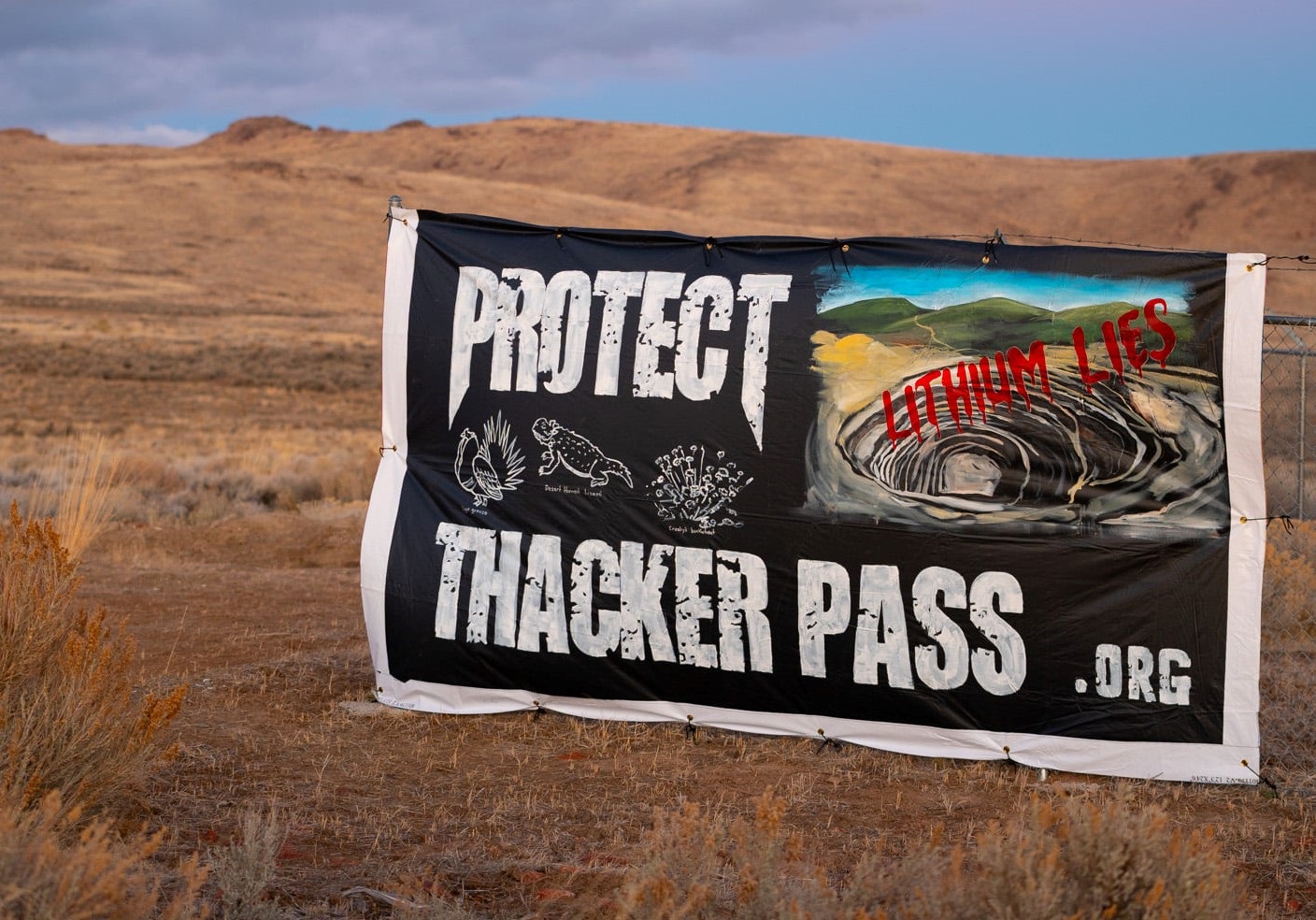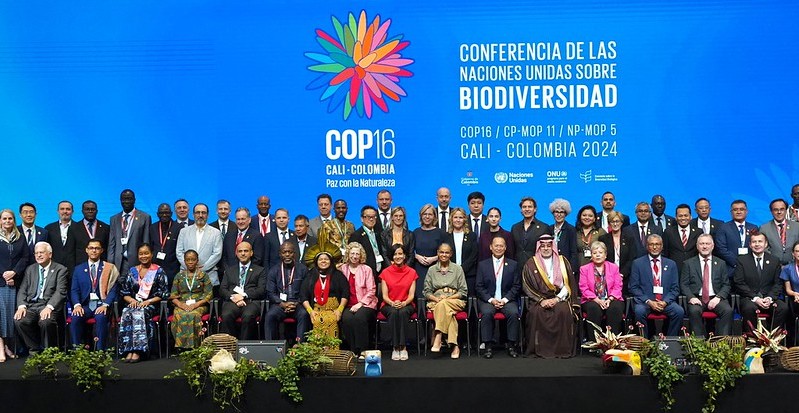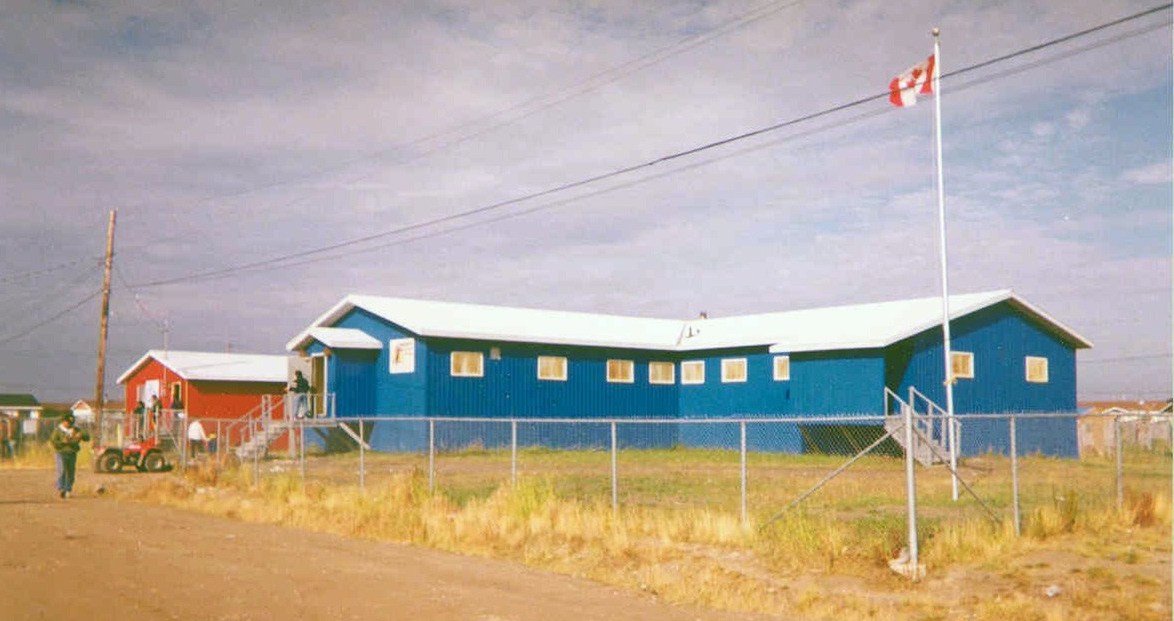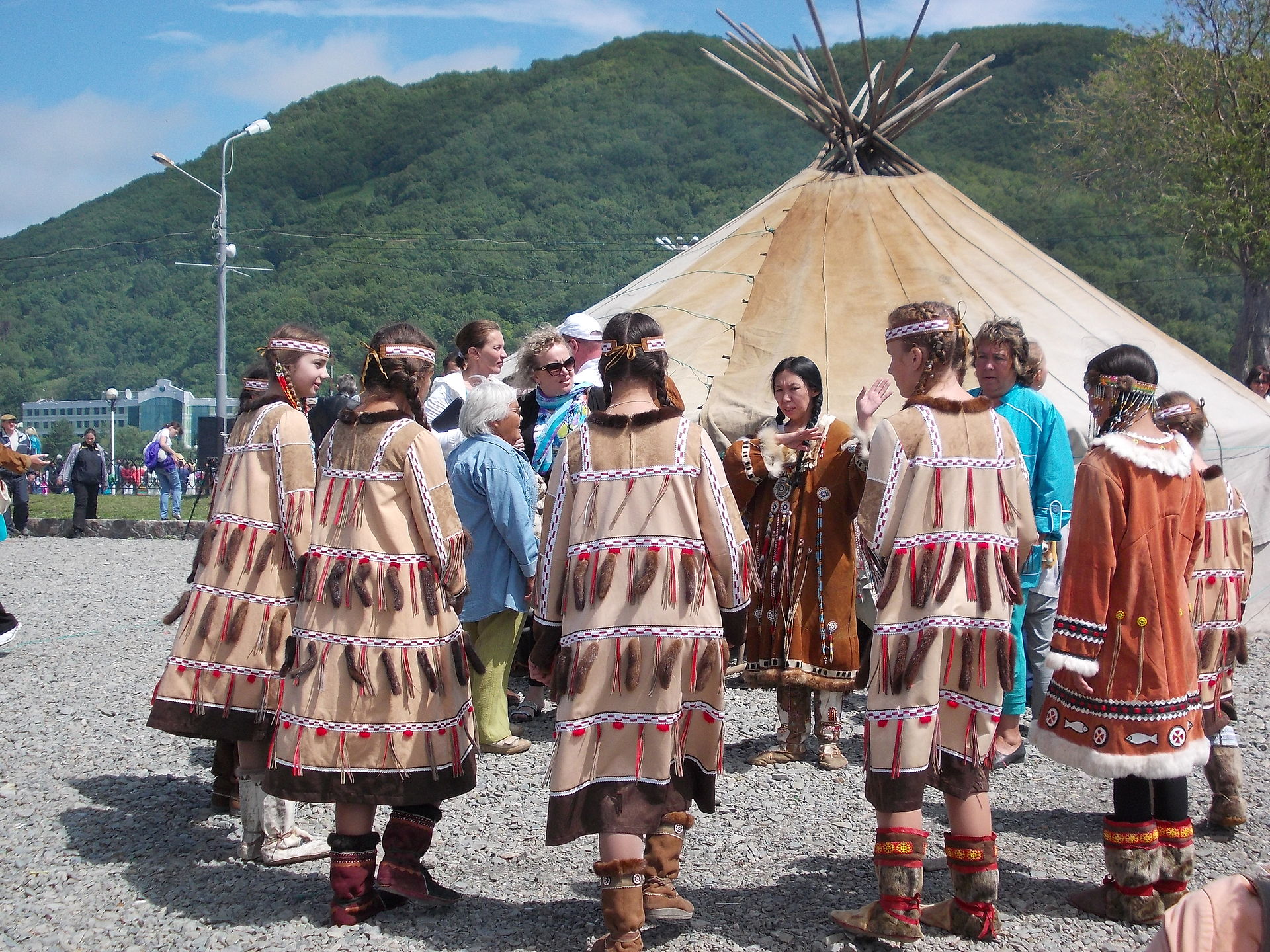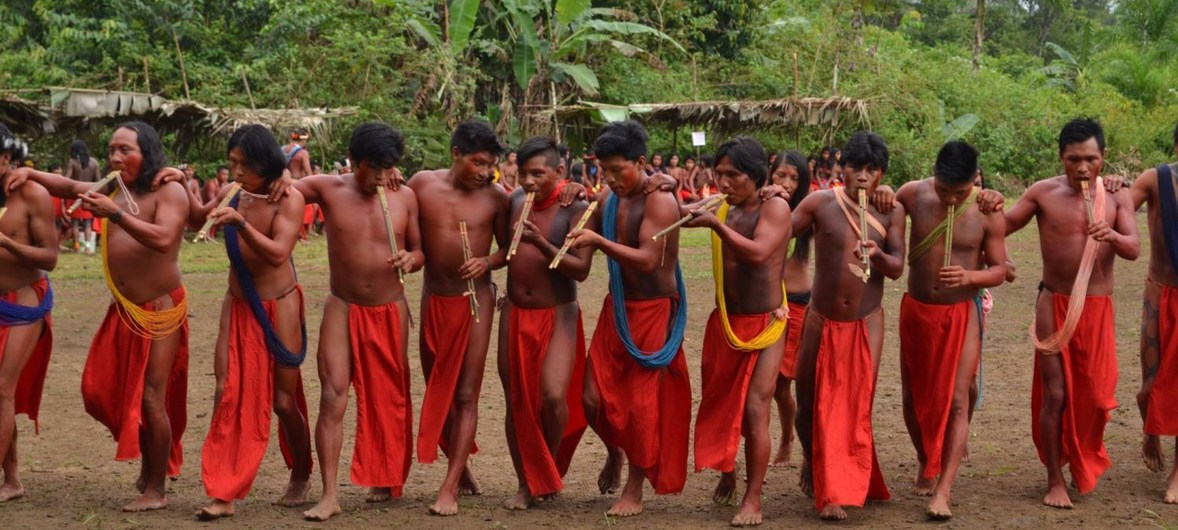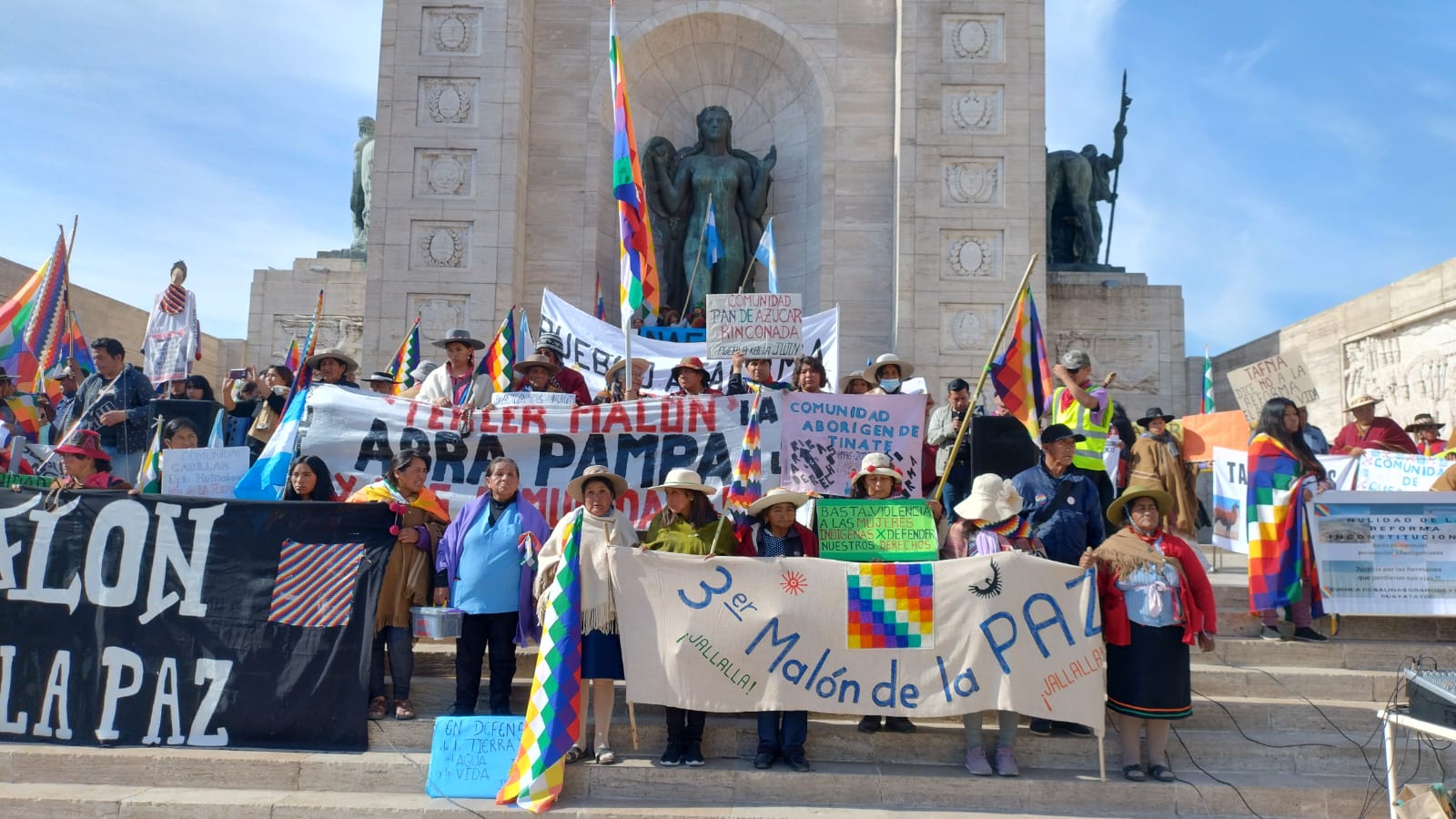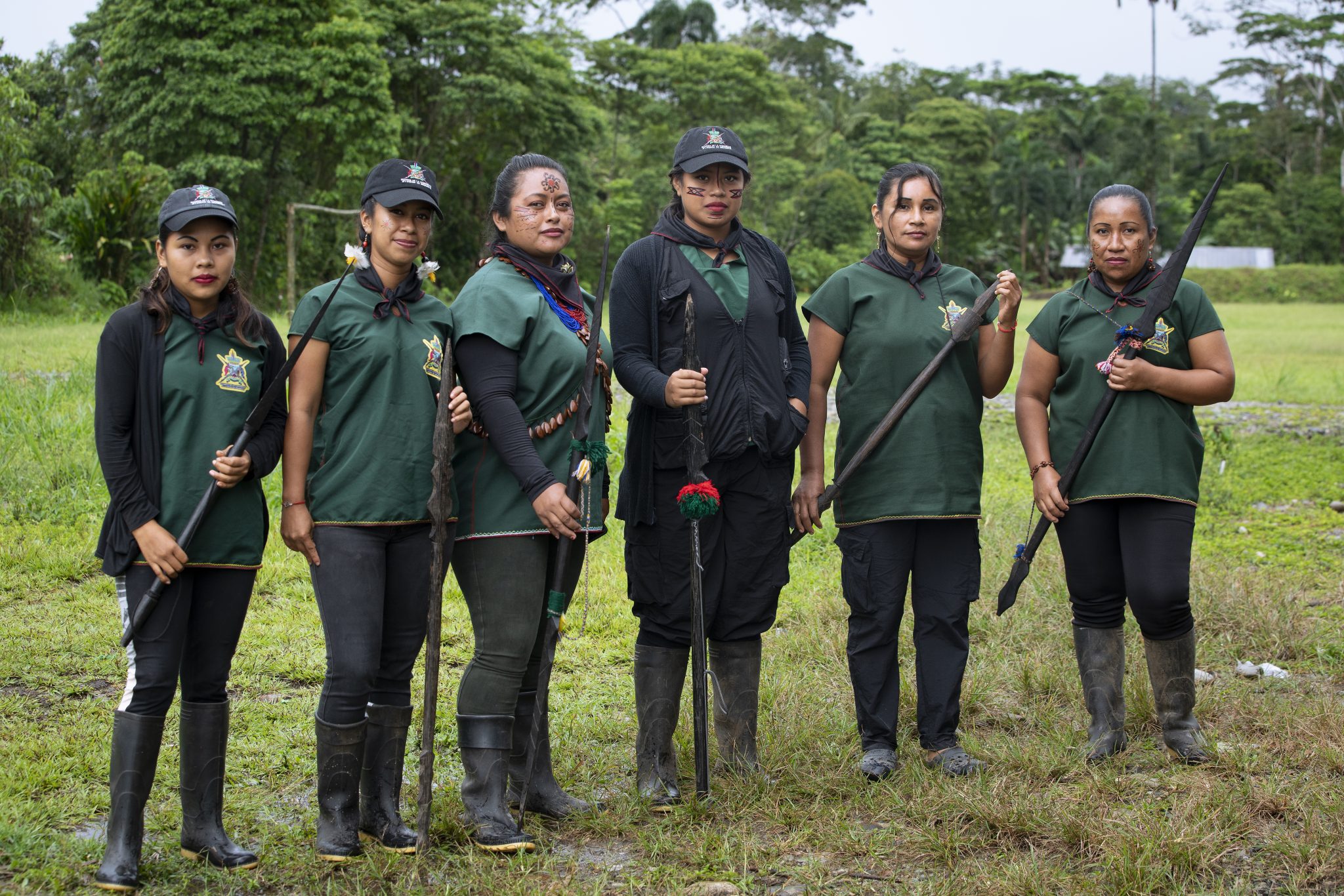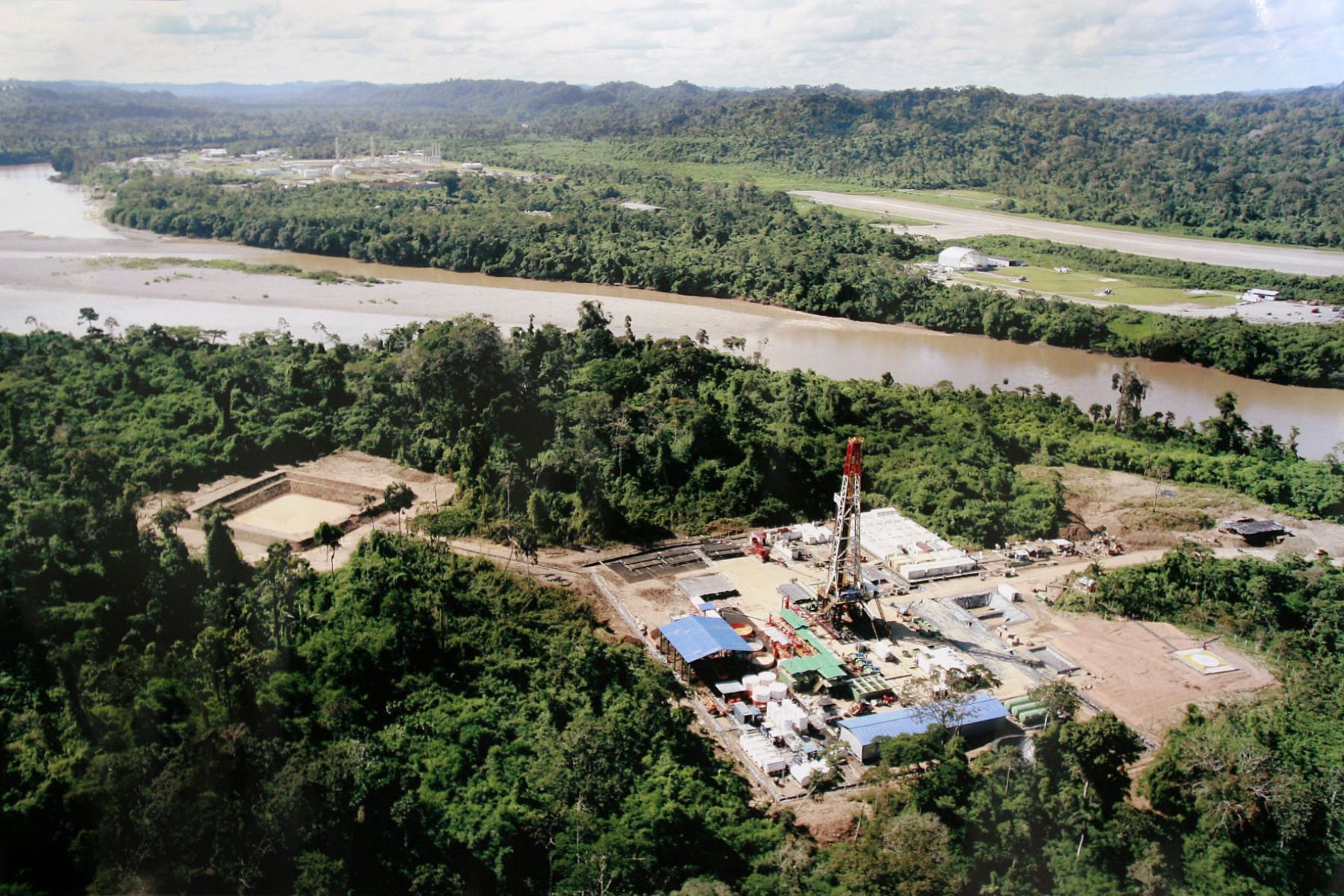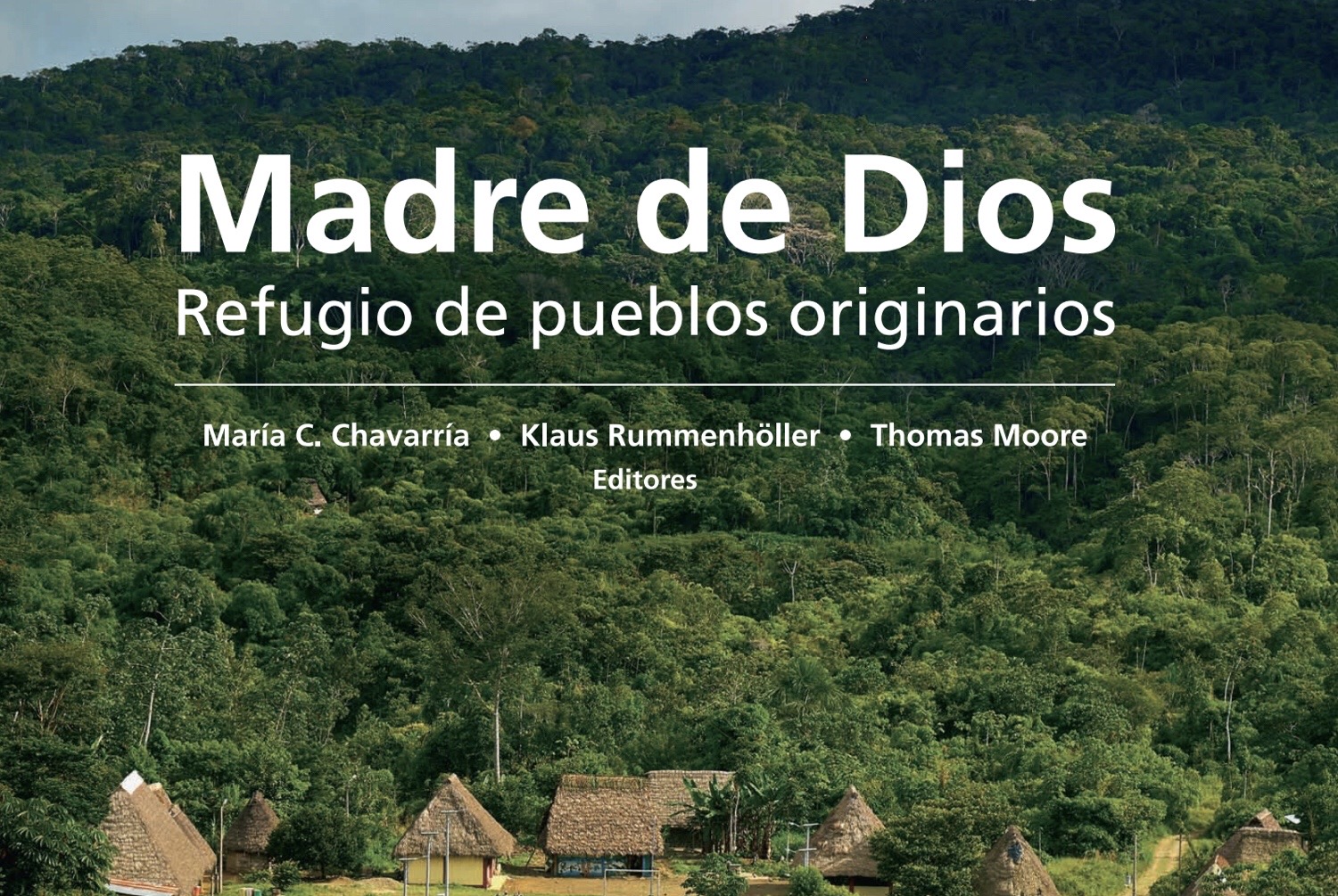
Canada high court allows Métis challenge of mine leases
The Supreme Court of Canada allowed an application by the Métis Nation-Saskatchewan (MNS) for judicial review of the Saskatchewan government’s approval of mining permits to proceed. The court ruled that the application, launched in 2021, was not an abuse of process because previous proceedings between the parties had not addressed the dispute in the present case. At issue are three uranium exploration permits within territory over which the MNS asserts Aboriginal title and rights. (Image: MNS)



